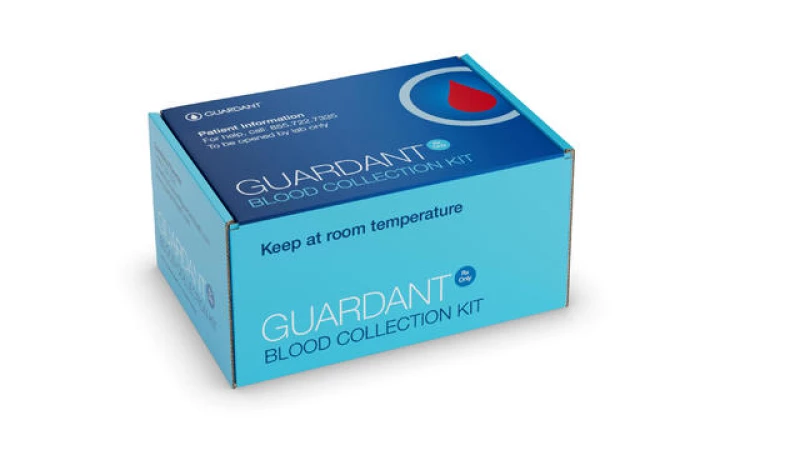A groundbreaking blood test has shown promising results in detecting colorectal cancer during a recent clinical trial, marking a significant advancement in screening methods for this potentially fatal disease.
Recently featured in the New England Journal of Medicine, the study revealed that the test accurately identified colorectal cancer in 83% of individuals at average risk without symptoms. However, in 10% of cases, the test produced false positive results, suggesting the presence of colon cancer when subsequent colonoscopies showed no signs of the disease.
Dr. William M. Grady, a gastroenterologist at Fred Hutchinson Cancer Center and the corresponding author of the study, expressed optimism about the findings in a recent press release. He emphasized that this new test, with a detection accuracy comparable to traditional stool-based screening methods, could offer a more convenient option for patients who are hesitant to undergo current screening procedures.
Dr. Jon LaPook, the chief medical correspondent for CBS News and a gastroenterologist at NYU Langone Health, hailed this development as a potential game-changer in the realm of colorectal cancer screening. He noted that this innovative test has the potential to provide an alternative to existing screening approaches, such as colonoscopies and stool tests for blood or genetic material.
"A blood test is attractive because it's relatively easy to do and there's no 'ick factor' that can keep people from doing home stool testing," he said. "In the New England Journal study, the cell-free DNA blood test detected 83% of colon cancers but only 65% (11 of 17) of those in stage 1, which are statistically the most curable, and I await further research to help determine its role in colon cancer screening."
The test has not been approved by the Food and Drug Administration and most insurers do not cover it, but it is already on sale in the U.S. for $895, according to the Associated Press.
Led and funded by Guardant Health, the findings come a multisite clinical trial of nearly 8,000 people ages 45 to 84, where Guardant's Shield blood test was compared to colonoscopy, the current gold standard for colorectal cancer screening.
"The gold standard for colon cancer screening is colonoscopy because it can detect colon cancer in its earliest, most treatable stages and it can find and remove precancerous polyps before they have a chance to turn into cancer," LaPook said.
While colorectal cancer is common and preventable with screening, only about 50% to 60% of people who are eligible for screening actually take those tests, Grady said.
"Getting people to be screened for cancer works best when we offer them screening options and then let them choose what works best for them" he said.
The study comes as more Americans are getting colon cancer, and at younger ages.
Colorectal cancer, previously the fourth-leading cause of cancer deaths in individuals under 50, has now risen in the rankings. It is currently the leading cause of cancer-related deaths in men and the second leading cause in women, as per a recent study.
Overall, colorectal cancer is the third most common cancer diagnosis among both men and women in the United States, according to the American Cancer Society. The organization projects 106,590 new cases of colon cancer in 2024.
- Important information for millennials regarding colon cancer: Interview with Dr. Jon LaPook







